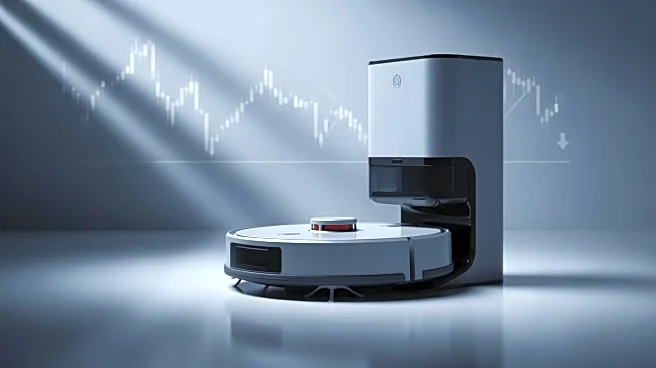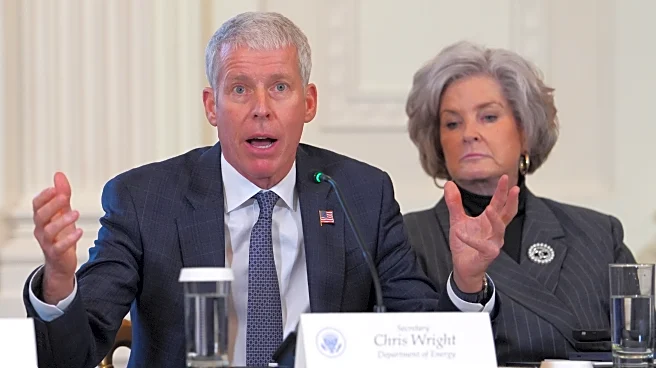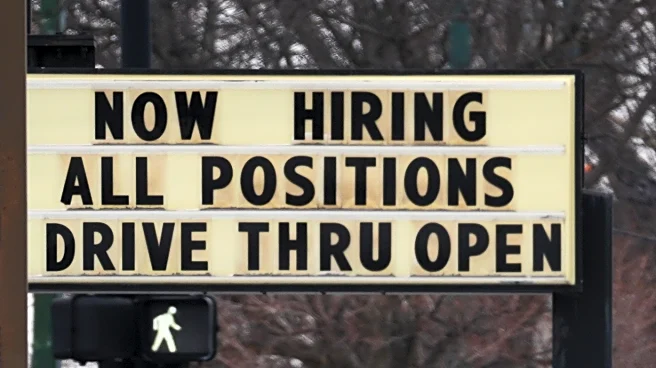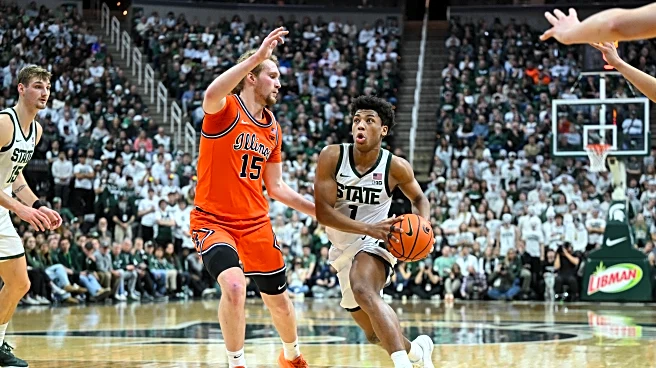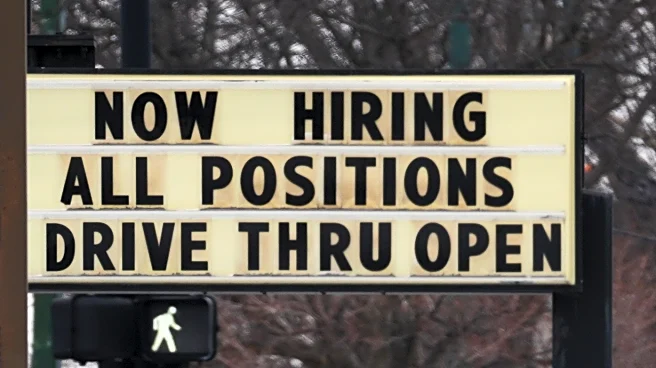What's Happening?
Shares of iRobot, the company known for its Roomba robot vacuums, fell by 33% following an announcement that its search for a buyer has encountered significant obstacles. The company has been attempting to sell itself since March, but the last potential
buyer withdrew after a prolonged period of exclusive negotiations. This development comes after Amazon's planned $1.7 billion acquisition of iRobot was abandoned in January 2024 due to regulatory scrutiny. iRobot has been struggling financially, with difficulties in generating cash and paying off debts, leading to concerns about its ability to continue operations.
Why It's Important?
The stalled sale of iRobot highlights the challenges faced by companies in the tech sector, particularly those dealing with regulatory hurdles and financial instability. The failure to secure a buyer could have significant implications for iRobot's future, potentially affecting its ability to compete with rivals like Anker, Ecovacs, and Roborock. The situation also underscores the broader market trend of increased scrutiny on mergers and acquisitions, which can impact the strategic decisions of tech companies and their investors.
What's Next?
iRobot's future remains uncertain as it continues to seek a viable buyer or alternative financial solutions. The company's management may need to explore restructuring options or seek new partnerships to stabilize its financial position. Meanwhile, investors and stakeholders will be closely monitoring any developments, particularly in light of the competitive pressures from other companies in the robotic vacuum market.
Beyond the Headlines
The iRobot case reflects broader issues in the tech industry, where regulatory challenges and financial pressures can significantly impact company strategies. The situation raises questions about the sustainability of business models reliant on acquisitions and the need for companies to adapt to changing market conditions and regulatory environments.
